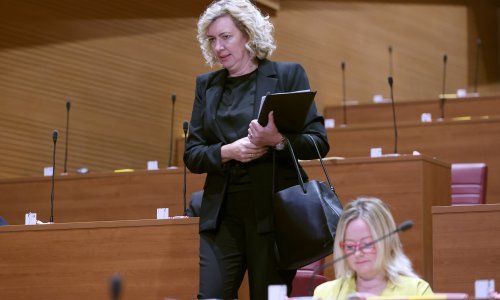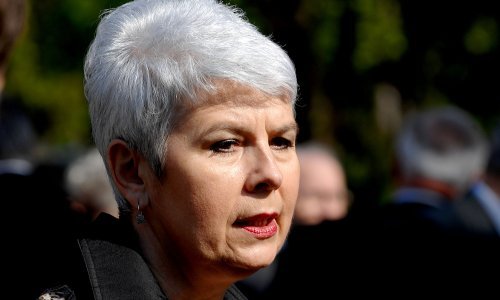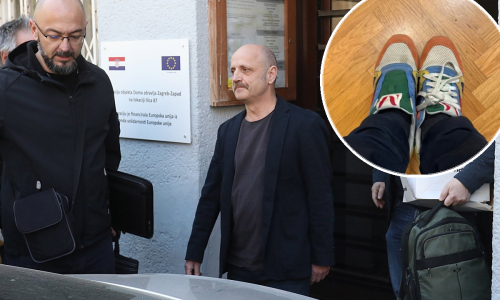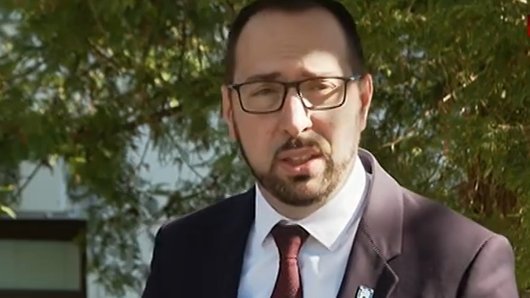President Ivo Josipovic said in a newspaper interview on Monday that the government would be held responsible if it failed to complete European Union membership negotiations in June.
"What is particularly important for this government is economic growth and completion of negotiations with the EU, which we expect in June. That will also be a confirmation that we have implemented the reforms. If the negotiations are not concluded in June, the government should reconsider its position and responsibility. It will need to see why the goal it set itself has not been achieved, can the negotiations be completed within a reasonable period of time or they should be left to another team," Josipovic said in an interview with Poslovni Dnevnik business daily.
The interview was conducted to mark the first year since Josipovic was elected President. He said that over the past year, apart from progress in negotiations with the EU, progress had also been made in relations with neighbouring countries, notably with Serbia and Bosnia and Herzegovina, while on the home front he cited the crackdown on corruption.
"Of particular importance were the change of the social climate, the work of the Chief Public Prosecutor's Office and the Office for the Prevention of Corruption and Organised Crime, and the views of Prime Minister Jadranka Kosor. But I and my Office have also contributed to starting the uncompromising fight against corruption and crime, and its results show that there are no untouchables any more," he said.
Speaking of the economy, which he said was not within his "jurisdiction", Josipovic said that he always stressed that Croatia had failed to put the economy in motion, as there were not enough investments and unemployment was growing.
"The projected growth of 1.5 to 2 per cent may indicate emergence from the recession, but not from the crisis. It's not enough to increase employment and improve the economic situation," Josipovic said, adding that he expected the government to continue the necessary reforms, including those that under normal circumstances would not be required in an election year. "The situation is such that there should be no calculations with election results. Major reforms are necessary in central and local government, a real decentralisation, and a serious tax reform."
Speaking of his relations with the government, Josipovic said that they had reached agreements on many important matters and that there had also been situations when the government had eventually changed its position, citing the government's decision to include into the Constitution, after a long refusal, his proposal that there should be no period limitations for privatisation-related crime.
"During negotiations with the farmers, the government left the negotiating table and then returned at my urging. I also successfully served as a bridge between the government and the trade unions. That wouldn't have been possible if I traded shots with the government via the media all the time. But there were also clashes of views, for example, on the policy towards neighbours," he said, adding that now he and the government had a common foreign policy.





































